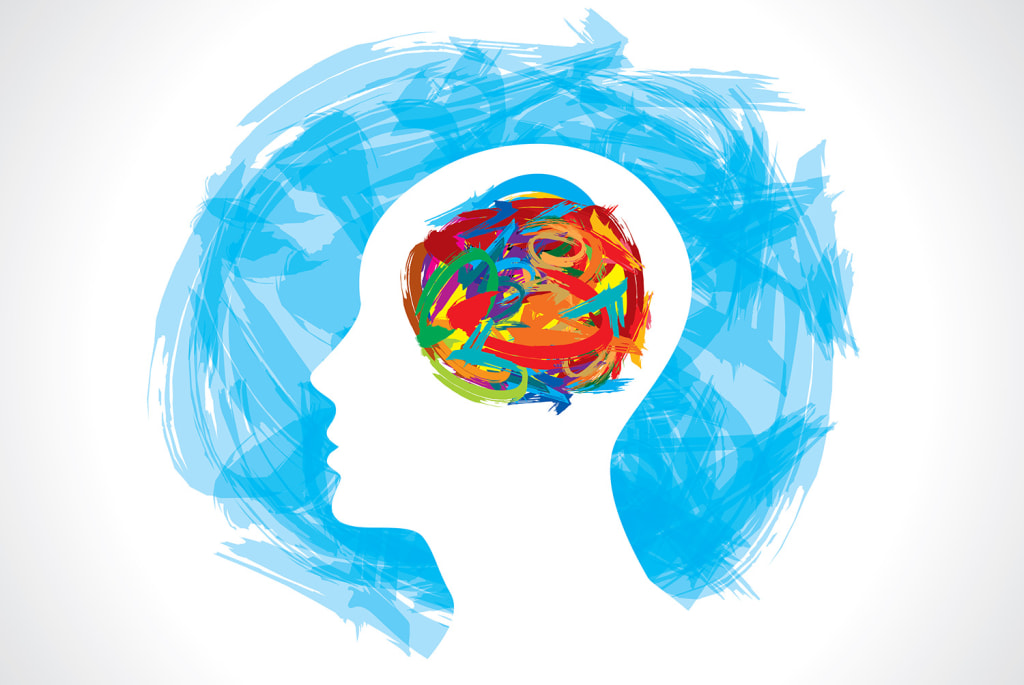
As we move from one year to the next, we often reflect on the year past. I like to think that while 2017 had some serious downfalls, we did also see some incredible strides forwad. The #MeToo movement was born, along with #Time'sUp, bringing a turning point for survivors of sexual assault and harassment everywhere. This is, undoubtedly, a milestone that should be celebrated and appreciated. However, as we continue to make great strides in talking openly about these difficult things, it seems to me that there is always one mountain that remains unsummited: Mental health.
As someone who has battled chronic depression since the age of 5, I know what it's like to have this deep, gutteral, aching pain inside you that you can never escape, but also is nearly indescribable. I am far from alone in this. Depression is the leading cause of disability in the United States, with over 16.1 million having a diagnosis of major depressive disorder, or over 6 percent of the population. Where I live in Canada, that number is slightly lower, at around 4.5 percent of people over the age of 15 having depression. So, if depression is such a widespread issue, and so many of millions of people are being affected, why do we all still get so uncomfortable talking about it in casual conversation?
Consider this; if someone you knew had been away from work for a few days without any sort of warning, when they came back, and you asked them, "Hey, I noticed that you were away for a few days. Where have you been?" and they answered, "I was having a rough go with my depression and I just needed to take some time off to cool off," how would you feel? Perhaps if you were friends with that person, this wouldn't be such an issue, but I'd imagine if you were only an aquaintance with the person, you'd feel very awkward. However, if the same aquaintance said instead, "I had a really nasty flu, and I just needed to stay home for a few days until I felt better," your reaction might be more along the lines of, "I hope you're feeling better!"
Now, obviously, this is just a thought experiment, and comparing depression to a bad flu doesn't accurately demonstrate the truly life-wrecking power that it has. However, I do think that it illustrates my point well, and that is that your mental health shouldn't be treated as any lesser than a physical ailment. If you broke your arm, you wouldn't only talk about it in hushed voices, wait months to get treatment, and once you did get treatment, try to hide your cast from everyone that you know. However, swap out the broken arm for depression, and it illustrates the national average for mental health statistics. So it is ludicrous that the average American waits 10 YEARS to seek treatment for ongoing mental health issues. This is something that can't go on.
So, this is my New Year's resolution for 2018. Make a meaningful differance in people's ability to talk openly about mental health, and to talk more openly about my own. I challenge you to do the same, even in small ways, like following @idontmind on Instagram, or donating whatever you can to your local suicide prevention hotline. It's together that we can make a real difference in how people talk about mental health.
About the Creator
Sophia S.
Hey, I'm Sophia! I'm passionate abut telling stories about real people and real experiences. If you're interested in that too, go ahead and check out my stuff!






Comments
There are no comments for this story
Be the first to respond and start the conversation.